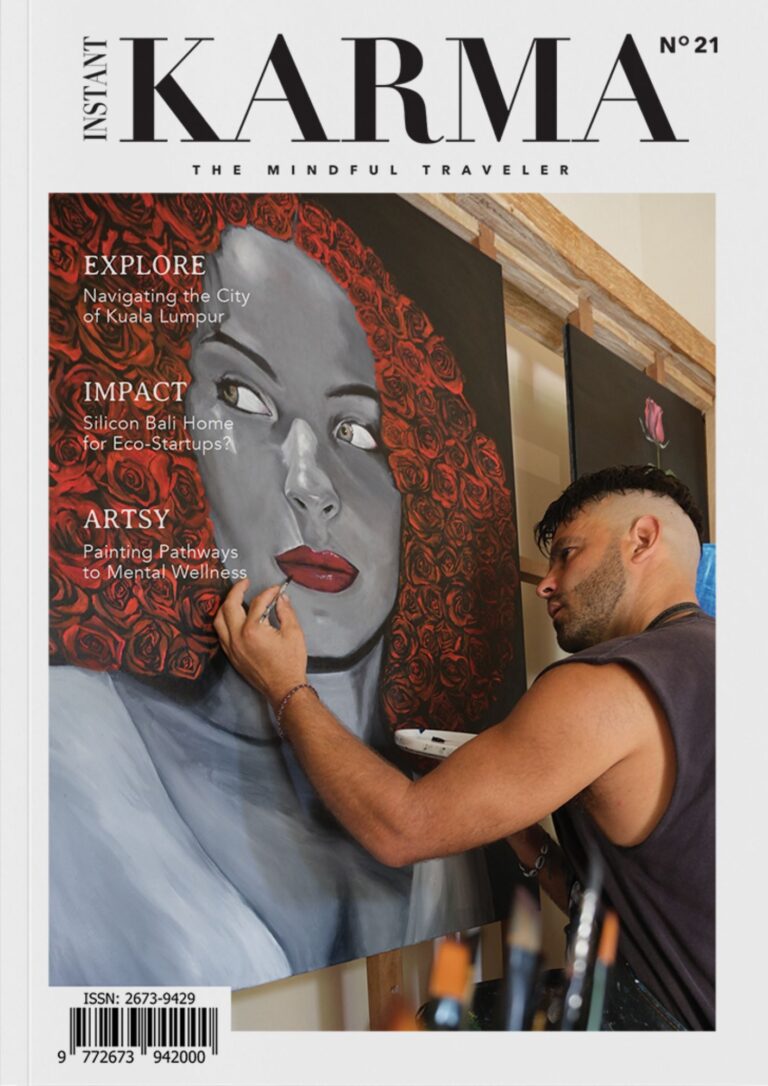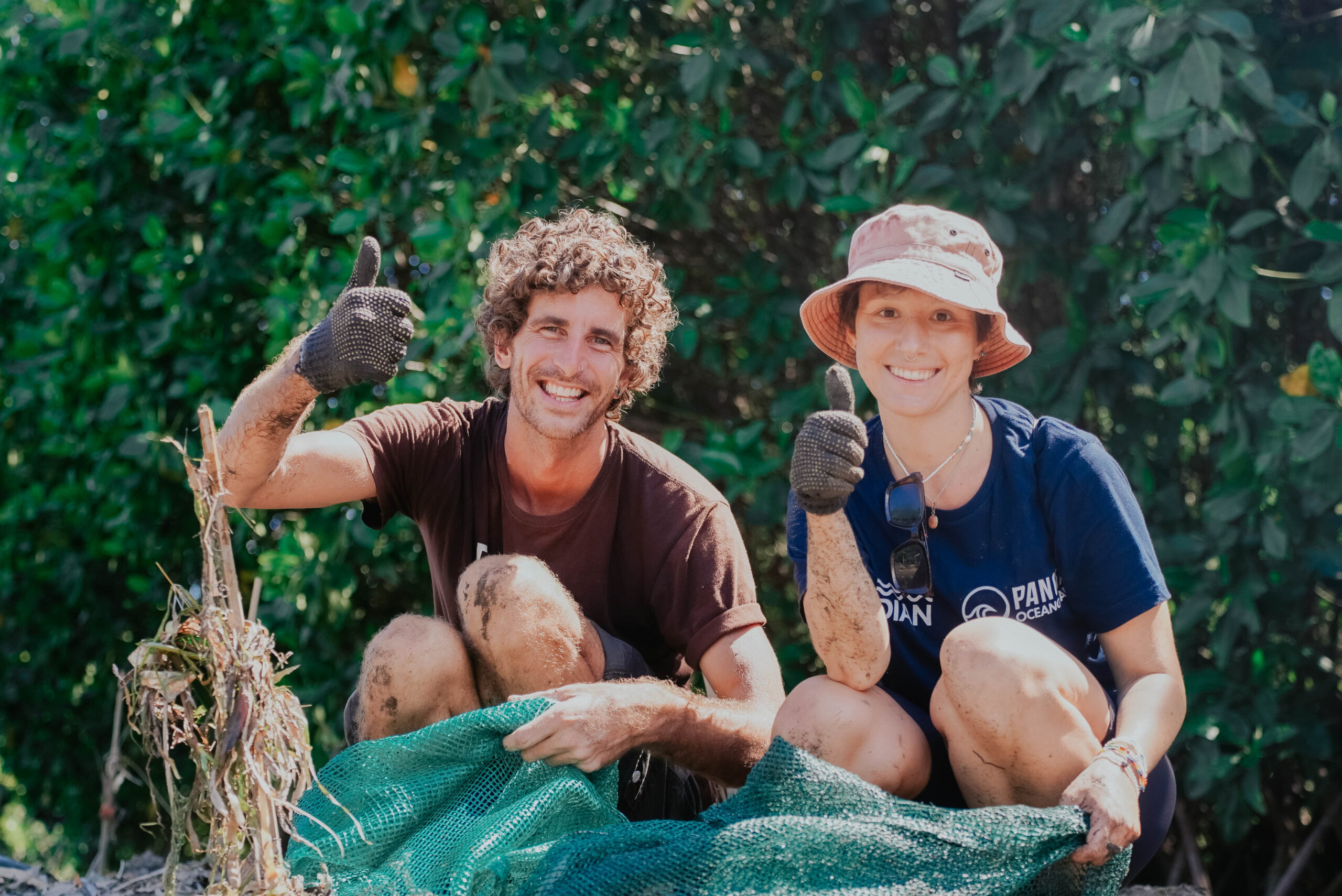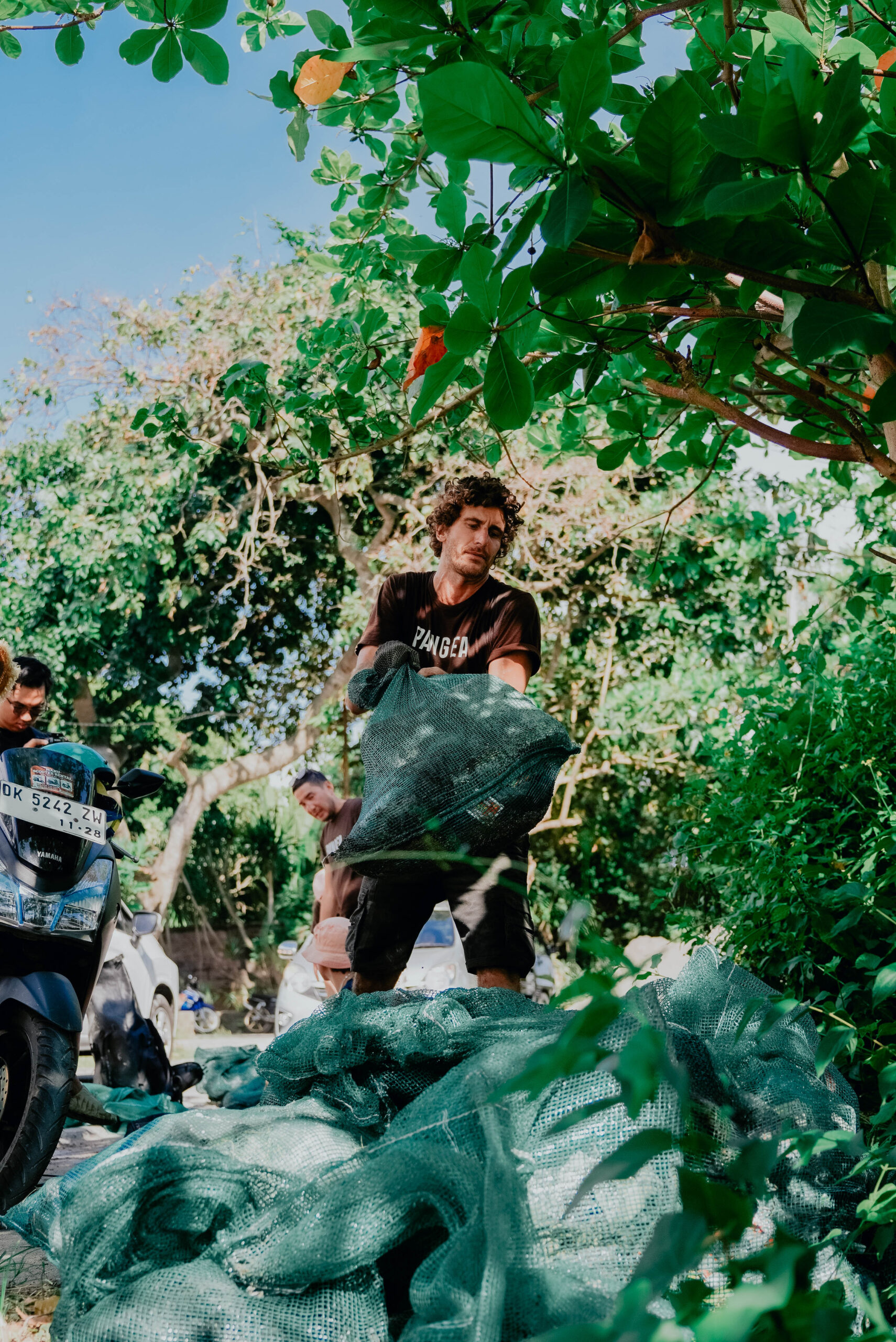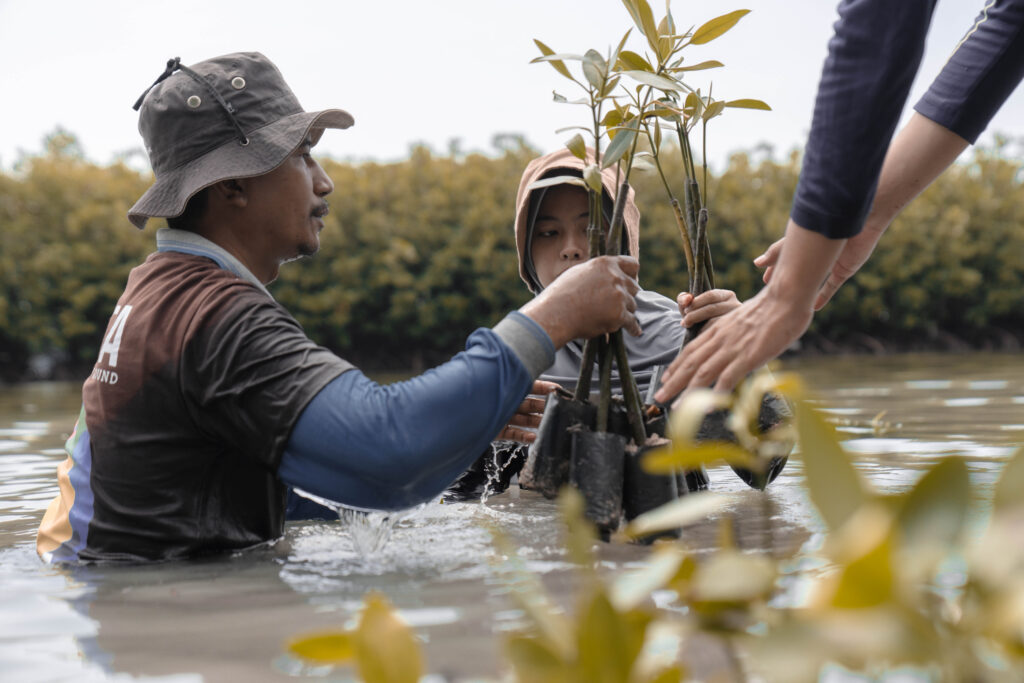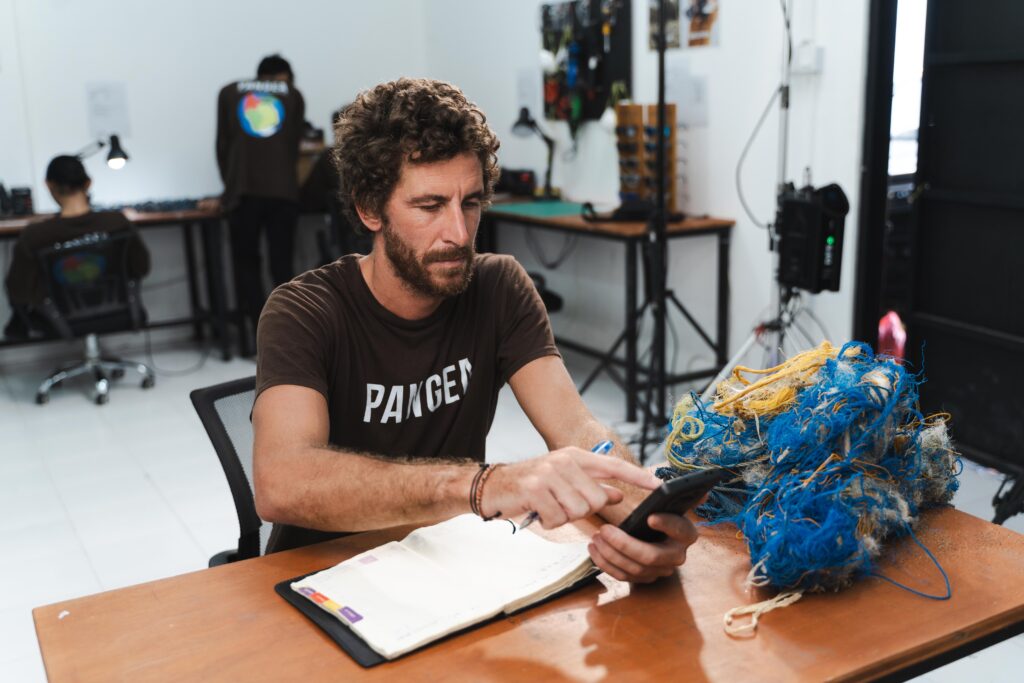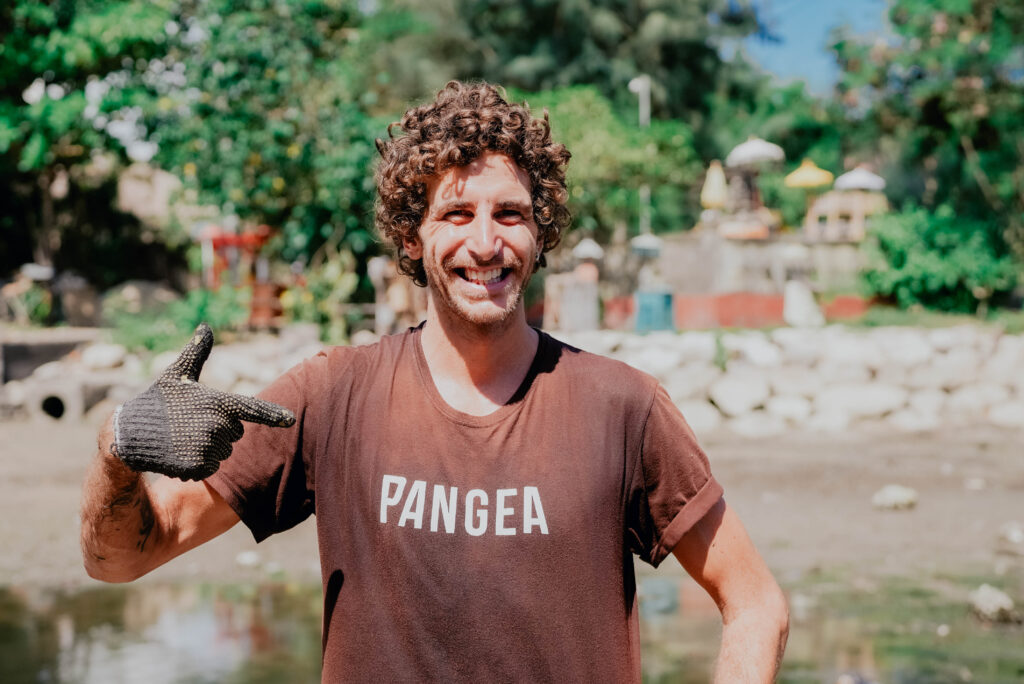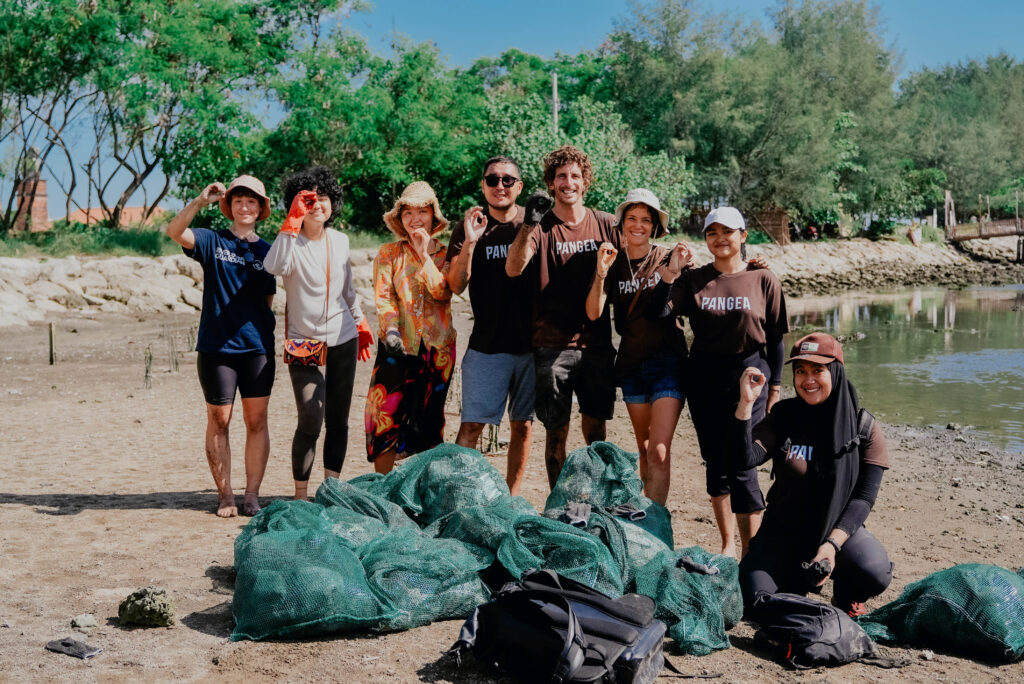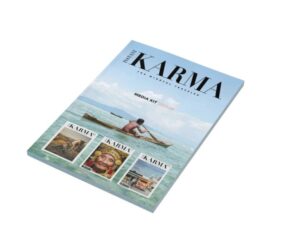Through his work with PANGEA Movement and various cleanup initiatives, Harrie embodies the essence of an environmental advocate, making a tangible impact on the world while inspiring others to join the cause.
I am 37-year-old Peter Pan and Never Never Land is planet Earth.
I have been on the road for almost 12 years and have cycled, climbed, boated, hiked, motor-cycled, driven and skated lovingly across 41 countries. Travel is in my blood.
I attended Fidel Castro’s funeral, have woken up in small island communities, hunted turtle poachers, worked with manta rays and slept on sand dunes under the stars. I have 7 nieces and nephews, a small YouTube channel (Harrie Kerley) and my favourite type of tea is Teh Tarik.
One of my favourite forms of travelling is by bicycle as you move slow enough to become apart of each community you travel through and really do get ‘off the beaten track’.
I have second families in Mexico, New Zealand, Zanzibar, Indonesia and the UK.
On my first CV I quoted myself and wrote ‘If you are not learning, then you are not living’ and I still try to live by this mantra every day.
I am NOT Iron Man.
What inspired you to become an energetic explorer and advocate for environmental and educational projects?
I have always been an explorer. I grew up in a tiny rural village in the south-west of the UK and the most exciting adventures were always outside the village borders and within the natural world.
There were farmers’ fields to run through, rivers to float down, forests to spend my days climbing in and chalk pits to clamber around. There was a sense of freedom, mystery, exhilaration and danger that came with this and these feelings imprinted on me early on.
In fact, later in life the first travel adventure I ever embarked upon was to hitch-hike from my little village in Wiltshire across Western Europe and over into Morocco in North Africa to the mountain village of Chechaouen.
The thrill of not knowing where you’re going sleep that night, where you’ll end up or who’s going to give you a ride amplified this cardinal need to not only explore and learn about the world, but the the cultures and creatures that lay within it.
I feel like my energy is fed by my wonderment and longing for knowledge of the world – it’s curiosity as its most raw.
My love of the natural world came in the form of our family living room fish tank in which I would spend all my evenings with my face pressed up against the glass pretending I was also a tiny fish discovering the rock pools. It is also because of the abundance of pets my parents allowed me and my three sisters to have whilst we were growing up.
We had cats and rats and chinchillas, chipmunks in an aviary, hamsters, guinea pigs, rabbits, gerbils, parrots and a cockatiel. We also had a dog. I loved not only being around animals but trying to understand their behaviours (I wanted to be Dr Doolittle) and it would lead to completing bat and bird counts across UK national parks and eventually working for wildlife parks in Australia and leading turtle conservation projects across the world.
There was one aspect of conservation that I enjoyed the most though, (apart from in-the-field data collection) and that was education outreach. This was formed early on during my first turtle conservation project when we loaded children from the local inner-island communities into the back of an army truck and took them to the coast for the first time in their life.
We introduced them to the ocean, taught them out their local turtle population, made artwork from the plastic pollution on the beaches and took them on a turtle night patrol.
We then created educational murals in their villages and years later some of those children became rangers for the turtle conservation project – it proved that by immersing children within the marine environment, we could foster a sense of connection that would later lead to the protection of it.
How do you believe your work with Pangea Movement is making a positive impact on the world?
Working as Head of Impact for PANGEA is the position of my dreams. It brings together both so many different elements of my interests and co-designing projects that aim to tackle some of the environment’s pressing issues.
We all know that climate change and plastic pollution are some of the biggest challenges we are facing as environmentalists right now, so I am happy that through the purchase of PANGEA products we are able to work with communities to do what we can locally to tackle them.
What I am most happy about is that our cleanup initiatives like the Bali Ghost Gear NETwork, Mangrove Cleanups & OceanGuard River Barriers are lead by communities. We work with them to identify problems in that they can feel a sense of ownership of the project which creates space for new knowledge and local inherit knowledge to blossom. With the plastic we collect we create new products which keeps our work circular.
Some people can (and do) say that cleaning rivers or beaches or mangroves should be the very last challenge we should be tackling and they would be right. However, there is nothing more powerful then gathering like-minded people together in a grass-roots initiative where the passion of the people involved creates change. The world is based on supply and demand – with more people, we can change and create new demands.
Can you share a memorable experience from your mangrove cleaning initiatives and other environmental projects?
One of my most memorable moments whilst working within education came as I circumnavigated the UK by bicycle on an oceans awareness school tour. It was at the beginning of the tour as I was visiting a technical college in the city of Portsmouth, an island city.
After my marine education talk a gaggle of students (aged 16-18) hung around to ask me questions. One of the students asked me what my favourite shark was, to which I repeated a ‘Wobbegong’. A young girl opposite me who had the best shark compilation t-shirt on giggled to which I asked (based on her amazing t-shirt) ‘Oh a Wobbegong fan!
What may I ask is your favourite shark?’ The girl stammered a bit, and eventually told me it was a Leopard Shark (veer beautiful shark by the way).
After the children had left, the teacher who had been chaperoning me stood in disbelief and proceeded to inform me that the girl who had spoken actually had a condition called ‘selective mutism’.
This is a rare childhood anxiety order and the young girl had not uttered a single word since moving to the school two years previous. By chance, upon exiting the school, we bumped into her mother (who worked at the school) and told her the news to which she was usually flabbergasted.
Though this anecdote is not directly linked a physical conservation method or tale, to me it was a powerful moment. Schools around the world still to this day do not have ocean-related curricular modules in early to later school institutions and it boggles the mind.
The ocean (as with deserts and jungles and mountains) is a wondrous and fascinating place with the ability to capture the imagination of children. Some of these children are aching to be custodians of these places and we need to create these opportunities for them.
What advice do you have for individuals who want to make a difference in their communities through activism and advocacy?
I don’t have a science degree, masters or PHD. My degree is in Journalism. The reason I ended up where I am was because curiosity lead to passion. We live in an age where knowledge is more accessible than ever, networking is easier than before and inspiring individuals are influencers.
My advice is to join communities who care, surround yourself with like-minded people, reach out to organisations that inspire you and ask to lend a hand. Be creative with visuals and imagery, draw followers to your cause using social media and of course set yourself up for study if you know that is the path you want to go down. Start clubs in your school or pester your teachers to create extra-curricular programs. Involve your family, your friends.
If it is nature you want to protect, get out in nature. If it is people or culture you have a yearning for knowledge then meet people from different walks of life, learn about your own history, culture and traditions. Learn about the world’s cultures.
To become an advocate or activist it doesn’t mean blindly pledging allegiance to a cause, and it also doesn’t mean being perfect in your beliefs or actions. You must discover your passion, your fire, and your curiosity on your own and do what you can within your habitual limits to further the cause. Listening is one of the best tools in conservation you can employ and understanding is another.
Simply doing something is better than nothing as when you direct your gaze to knowledge, you have the responsibility to act.


